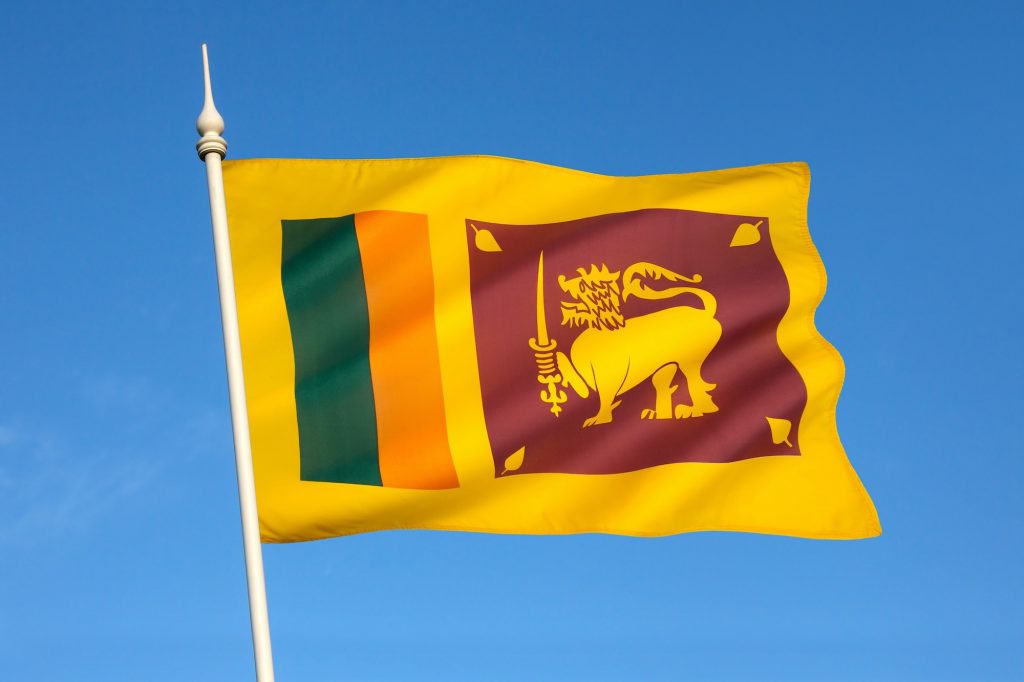AIC warns Sri Lanka’s Online Safety Bill threatens freedom of expression
The AIC criticized Sri Lanka’s Online Safety Bill as ‘draconian,’ urging stakeholder collaboration for more balanced regulations.

The Asia internet Coalition (AIC) has voiced strong reservations regarding the recently gazetted Online Safety Bill in Sri Lanka, branding it as ‘draconian’ and a severe threat to the people’s freedom of expression.
The AIC, representing major internet and tech giants such as Meta, Amazon, Google, and Apple, has raised concerns about the bill’s lack of stakeholder consultation and criticized its potential to suppress dissent and hinder public discourse, potentially hampering the growth of the country’s digital economy. The International Commission of Jurists (ICJ) has echoed these concerns, warning that if the proposed Online Safety legislation is adopted in its current form, it could further curtail free expression and constrict civic space in Sri Lanka, exacerbating an already concerning trend.
The AIC urged the Sri Lankan government to collaborate with industry stakeholders to develop regulations that align with international best practices while fostering the developing digital economy.
Why does it matter?
Critics argue that the bill’s ambiguous definition of harmful content, excessive powers granted to the Online Safety Commission, and potential misuse for suppressing dissent raise serious concerns about its impact on democratic values, with some prepared to challenge the bill in court if it threatens freedom of expression. The AIC’s recent concerns about the bill have triggered responses in Parliament, with Opposition Leader Sajith Premadasa warning of potential grave consequences and foreign investment repercussions. The bill’s fate remains uncertain as it progresses through the legislative process.

